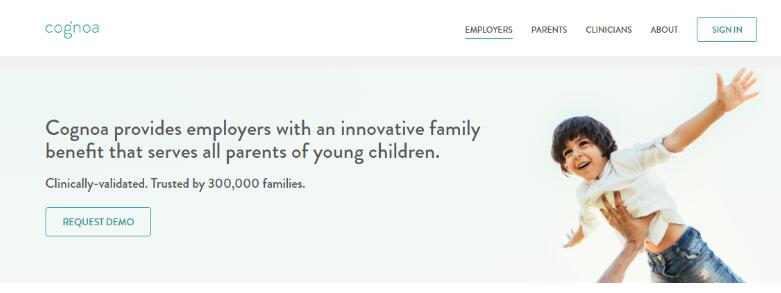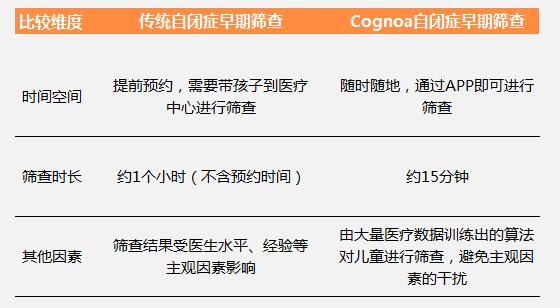Headquartered in the heart of Silicon Valley, Cognoa is Palo Alto, the world's first company dedicated to applying machine learning to early childhood autism screening. It launched an app of the same name, which allows users to intelligently screen children with autism through software. In March 2017, Cognoa seized $11.6 million in venture capital from China's leading investment company, Morningside Capital. Since its inception in 2013, Morningside Capital has invested a total of US$20.4 million in Cognoa. Why can a US startup make China's top investment institutions "do not leave it"? Let's take a look at the charm of Cognoa. Stanford Biology Postdoctoral and Santa Clara MBA entrepreneurial journey Cognoa founding team of "academic professor specializing in business for many years + executives" component, which is a common technology in the medical field in the United States "business routine." Founder Dennis Wall holds a Ph.D. in biology from the University of California at Berkeley and a postdoctoral degree in biology from Stanford University. After graduation, Dennis Wall conducted medical research at Harvard University and Stanford University, focusing on pediatrics and psychiatry. Although he has been engaged in research work that needs to withstand loneliness and concentration, Dennis Wall has the spirit of entrepreneurial innate love. In 2007, he also founded Network Biotech, a for-profit organization that provides consulting services to biotech companies. Now Dennis Wall's focus is still on academic research, but there are also two companies involved in the management of its founding. Co-founder and CEO Brent Vaughan has a background in science and engineering. He graduated from the University of California at Davis with an undergraduate degree and then pursued an MBA at Santa Clara University. After graduation, he was responsible for market development at Roche Diagnostics, Saegis Pharmaceuticals, KineMed and other well-known companies. Figure 1: Founder Dennis and co-founder Brent Traditional Autism Screening Program vs. Cognoa Autism Screening Program The American Academy of Pediatrics recommends that parents take early screening for multiple developmental disorders from the 9th to the 36th month after their birth, the most important of which is autism. Early screening can effectively avoid missing gold intervention time. Once missed, the effects of these developmental disorders are likely to accompany the patient's life. However, according to the US Centers for Disease Control and Prevention, about 15% of children in the United States have different levels of developmental disorders such as autism, but less than half of them have had early screening. Why is the early screening rate for children with developmental disorders such as autism still low even with such serious consequences? The parents’ luck is the culprit. Usually children with autism have no obvious characteristics before the age of 3, and traditional screening methods require a series of procedures such as making an appointment in advance, going to a medical institution, waiting for a doctor to screen. Therefore, many parents do not "sad people worry" to take autism screening if they do not find any abnormalities in their children. The emergence of Cognoa greatly facilitated parents. They no longer need to make tedious preparations, as long as a smartphone can be used to self-check autism screenings for children anytime, anywhere. Figure 2: Comparison of two early screening programs for autism Night Vision Sight,Night Vision Sightmark,Holographic Night Vision Sight,Night Vision Scope Adapter Shandong Freedoms Technology Co.,Ltd , https://www.sdfreedomtech.com

